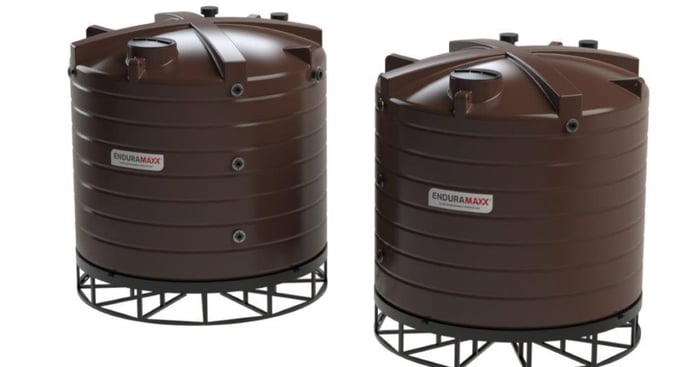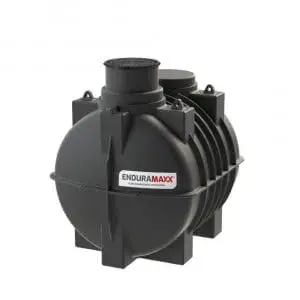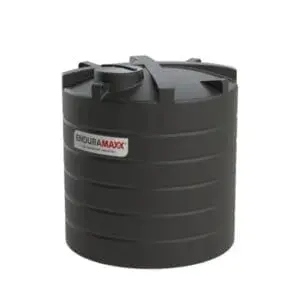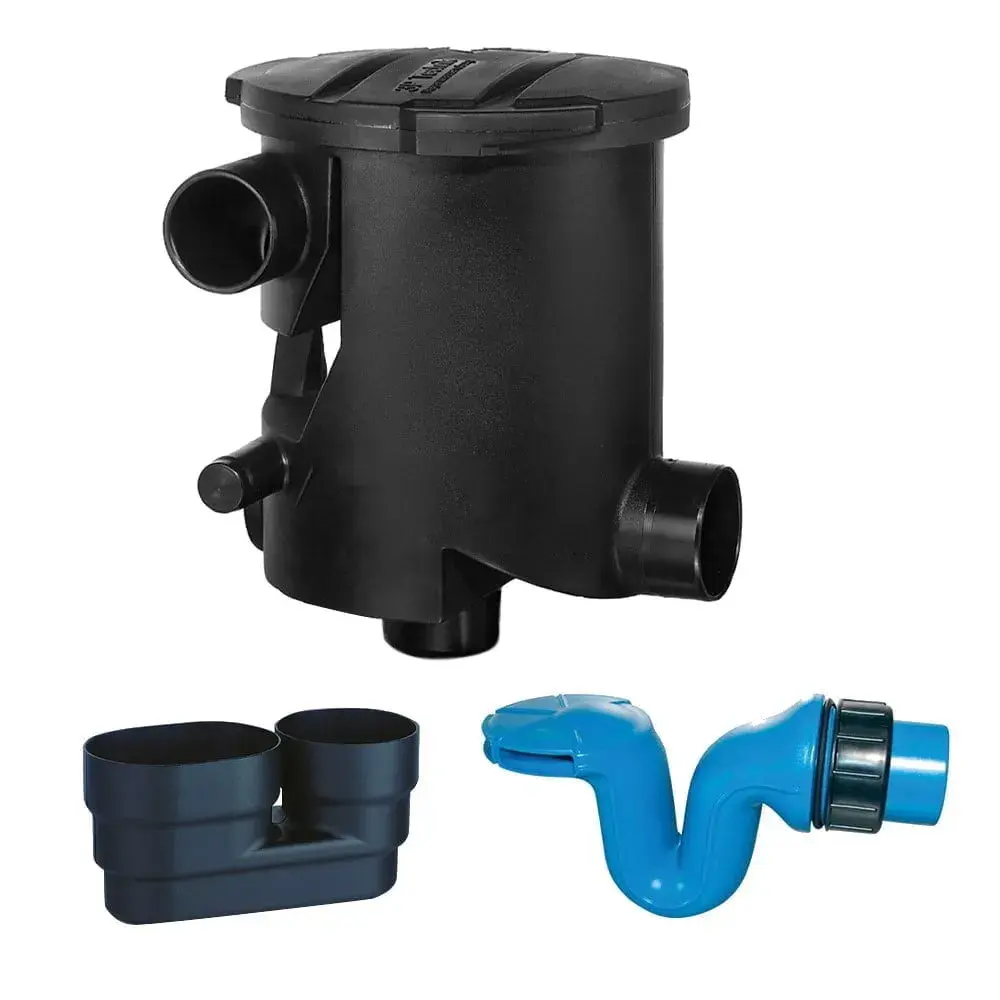A sludge holding tanks is needed to store sludge from whatever source. The sludges can be primary sludge, activated sludge, imported sludge and scum. The sludge may be contaminated with heavy metals; it might contain chemical pollutants that require complex procedures to treat. There might be pathogens, microbes that need biological treatments and sewage, food and drink manufacturing and agricultural waste may require other processers.
Why are sludge tanks used?
During the treatment of wastewater, the water content is reduced, leaving behind the sludge. This still contains a certain percentage of water, but as it settles out, more water can be removed. Further biological treatment of the sludge may take place, or the sludge tanks may be used simply to store the sludge before it is removed.
The separation and recycling of the elements of sludge are further important processes as part of the potable water treatment process.
Effluent Buffer Tanks & Dewatering
Sludge Buffer Holding Tanks have various uses. The blending and homogenising of very concentrated primary or secondary sludges are commonly carried out in sludge buffer holding tanks. The sludge is mixed with the appropriate thickening chemicals, and dewatering carried out.
The volume of the sludge can be reduced by up to 80% and is usually done by dewatering.
The tanks can be customised to suit many wastewater treatment systems, with welded fittings, frames for easy access, pipework and flanges, adapted to existing equipment.
Racking ports can be used to drain off the water while leaving the sludge settled at the bottom of the tank – and a conical tank makes removal of the sludge easy. Vents or airtight lids are further options available at Enduramaxx – you can see our range here, and we can often supply tanks ready-made for fast delivery.

Enduramaxx sludge holding tanks
Our sludge buffer tanks are designed to hold and store sludge in all the various stages of wastewater treatment. They are made from the highest quality Polypropylene or High-Density Polyethylene, whichever is most suitable for sludge storage.
Our range of sludge tanks includes those designed for all stages of the wastewater treatment process, including the following:
- Coagulation of industrial wastewater
- Chemical treatment, dosing
- Flocculation
- Biological treatment and storage of organic matter
- pH control
- Digestion of sludge and sludge thickener
- Dewatering and liquid dewatered through a sludge press
- Mixer/treatment tanks
- Tanks where skimming fats and oils off the water occur
- Storage tanks for waste water, settling sludge, final effluent
- industrial water treatment, effluent sludge, settlement tank
Treating sludge can be complex, and removing and recycling the elements like heavy metals, nitrates, phosphates for further use as well as purifying the water means that there must be sludge holding tanks that are be suited to each stage of the process. There is more information about sludge holding tanks here.
Our experts are very happy to talk to you about your specific requirements for tanks as part of the industrial wastewater treatment process if you would like to give us a ring on 01778 562810.
Posts By Topics
- Blog (303)
- Chemical Storage Tanks (118)
- Chemical Dosing Tanks (114)
- Chemical Tanks (114)
- Water Tanks (58)
- Rainwater Harvesting Tanks (43)
- Vertical Rainwater Tanks (31)
- Vertical Storage Tanks (31)
- Cone Bottom Tanks (19)
- Conical Cone Tanks (18)
- Rainwater Harvesting (17)
- Water Bowsers (15)
- Horizontal Tanks (14)
- Potable Water Tanks (13)
- Farming (9)
- Case Studies (8)
- Industrial Storage Tanks (7)
- Liquid Fertilser Storage Tanks (6)
- WRAS Approved Potable Tanks (6)
- Wine and Beer Production (6)
- Horizontal Transport Tanks (5)
- Microbrewery (5)
- Rainwater (5)
- Category 5 Break Tanks (4)
- Cider Production (4)
- Mixer Tanks (4)
- Molasses Tanks (4)
- Polyethylene tanks (4)
- Rainwater Filter Kits (4)
- SPECIALIST & BESPOKE TANKS (4)
- Bunded Tanks (3)
- Slimline Tanks (3)
- WRAS Approved (3)
- Clarification Tanks (2)
- Crosslinked Polymer Tanks (XLPE) (2)
- Fertiliser Tanks (2)
- Sump Tanks (2)
- Tank Installation (2)
- Water Butt (2)
- underground water tanks (2)
- ACCESSORIES & FITTINGS (1)
- ATV & UTV SPRAYING UNITS (1)
- Above Ground Effluent Tanks (1)
- Bespoke Tank Frames (1)
- Category 5 Turret (1)
- Caustic Soda Tanks (1)
- Closed Top Bunded Tanks (1)
- Craft beer (1)
- Effluent Tanks (1)
- Enduramaxx (1)
- Ferric Chloride Tanks (1)
- Fire Safety Regulations (1)
- Fire Sprinkler Water Storage Tanks (1)
- Industrial Water Tank (1)
- Open Top Bunded Tanks (1)
- Open Top Cone Tanks (1)
- Open Top Vertical Tanks (1)
- Polyethylene Potable Water Tanks (1)
- Polyvinylidene Fluoride (PVDF) Tanks (1)
- Polyvinylidene Fluoride Tanks (PVDF) (1)
- Pressure Washers (1)
- Pro Series Spot Sprayers (1)
- RWH (1)
- Sodium Hydroxide Storage Tanks (1)
- Sprayer Fill-up Tanks (1)
- Uncategorised (1)
- liquid fertiliser tank (1)
Sign up to the newsletter
enduramaxx.marketing
Related Posts
Wastewater Sludge: Treatment & Disposal Explained
The methods of sludge treatment & disposal in the treatment of sludge is a key element of...
Sludge Tanks for Abattoir & Slaughterhouse Water Treatment
Sludge tanks for abattoir & slaughterhouse water treatment, slaughterhouse’s produce a lot of...
Wastewater & Sludge Tanks for Dairy - Enduramaxx Ltd
Wastewater & Sludge Tanks in dairy processing generally includes sludge tanks and clarification...
Related Products
From £1,080.00 inc. VAT
£900.00 exc. VAT
From £1,344.00 inc. VAT
£1,120.00 exc. VAT
From £768.00 inc. VAT
£640.00 exc. VAT
£480.00 inc. VAT
£400.00 exc. VAT





